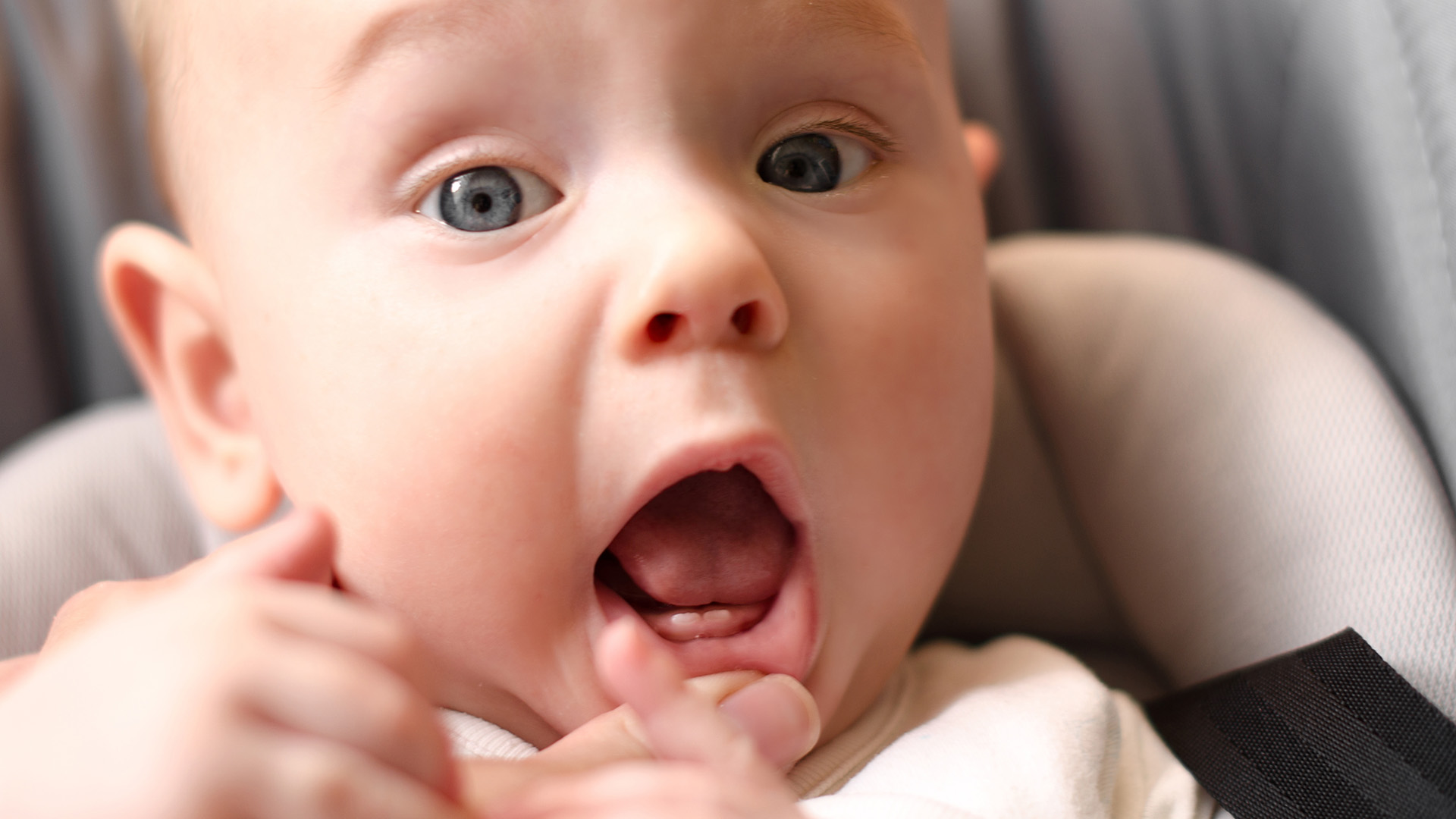As parents and caregivers, understanding the significance of baby teeth is crucial for ensuring the long-term oral health of your child. Are baby teeth really that important? These tiny teeth, often overshadowed by their permanent successors, play vital roles in speech development, nutrition, and the proper alignment of adult teeth. This comprehensive guide aims to provide you with the essential insights and practical advice needed to care for your child’s baby teeth effectively.
The Role of Baby Teeth in Oral Development
Baby teeth, or primary teeth, are foundational to a child’s oral development. They assist in forming specific sounds, which is essential as children learn to speak. These teeth also enable effective chewing, allowing children to enjoy a diverse diet crucial for their growth. Importantly, baby teeth serve as placeholders for adult teeth, guiding them into their correct positions as they come in. Premature loss of baby teeth can lead to misalignment and crowding of permanent teeth, potentially necessitating orthodontic treatments.
In addition to supporting speech and chewing, baby teeth play a role in jawbone development. The act of chewing with these teeth stimulates the jawbone, encouraging balanced growth that contributes to a well-aligned bite and a pleasing facial profile. Despite their temporary nature, baby teeth are indispensable for setting the stage for lifelong oral health and aesthetics.
Health Implications
The health of baby teeth is a cornerstone of a child’s overall well-being. Healthy teeth facilitate proper chewing, support speech development, and aid in guiding permanent teeth into place. Neglecting baby teeth can lead to cavities, which cause pain and discomfort, impacting a child’s ability to eat, speak, and focus. This discomfort can affect their growth and social interactions, leading to emotional and psychological challenges.
Untreated dental issues can escalate into infections, requiring invasive treatments and causing stress for both the child and parents. Premature loss of baby teeth due to decay or injury can lead to misalignment of permanent teeth, creating the need for orthodontic treatments that might have been avoided with proper care. Hence, maintaining the health of baby teeth is essential, not just for immediate dental care but as a foundation for long-term oral health.
Best Practices for Caring for Baby Teeth
To promote healthy teeth and gums, establish a dental hygiene routine early. Begin by gently wiping your baby’s gums with a clean, damp cloth after feedings. Once the first tooth appears, around six months, introduce a soft-bristled toothbrush with a small amount of fluoride toothpaste. Encourage toddlers to brush twice daily, supervising them to ensure they don’t swallow toothpaste.
Fluoride is crucial for strengthening teeth and preventing cavities. Ensure your child receives enough fluoride through toothpaste or community water supplies. Regular dental check-ups, starting by the first birthday or when the first tooth appears, are vital for monitoring dental health and receiving professional cleanings and fluoride treatments.
Instill good dental habits by limiting sugary snacks and drinks and encouraging rinsing with water afterward. Teach the importance of not sharing utensils and the significance of regular brushing and flossing. Healthy baby teeth are essential for eating, speaking, and guiding the alignment of adult teeth that will emerge later.
When to Start Dental Visits for Children
Establishing a dental care routine early is crucial for your child’s long-term oral health. The American Academy of Pediatric Dentistry recommends the first dental visit by age one or within six months after the first tooth erupts. This visit lays the foundation for a healthy smile and provides parents with guidance on proper oral hygiene practices.
Signs indicating a need for a dental check-up even before the first birthday include tooth discoloration, persistent thumb sucking, or discomfort while eating. Early detection of dental issues can prevent more serious problems, making regular check-ups essential.
Pediatric dentists are specially trained to understand the unique needs of growing children. They provide tailored advice on nutrition, oral hygiene, and the importance of baby teeth. Regular visits ensure healthy teeth and help develop a positive attitude towards dental care.
Common Concerns About Baby Teeth
Parents often worry about their child’s baby teeth and how to care for them. If a baby tooth is lost prematurely, consult a pediatric dentist. They might recommend space maintainers to guide adult teeth into their correct positions, preventing orthodontic issues later on.
Teething can cause discomfort, leading to irritability and changes in eating habits. Gentle remedies like teething rings or cold washcloths can soothe your child. Regular dental check-ups during this time are crucial to address potential issues early.
Addressing myths about baby teeth is vital for maintaining healthy habits. Are baby teeth really that important? Baby teeth are important for speech development, chewing, and holding space for adult teeth. Establishing good dental hygiene practices early benefits both baby and adult teeth, promoting a healthy mouth as your child grows.
